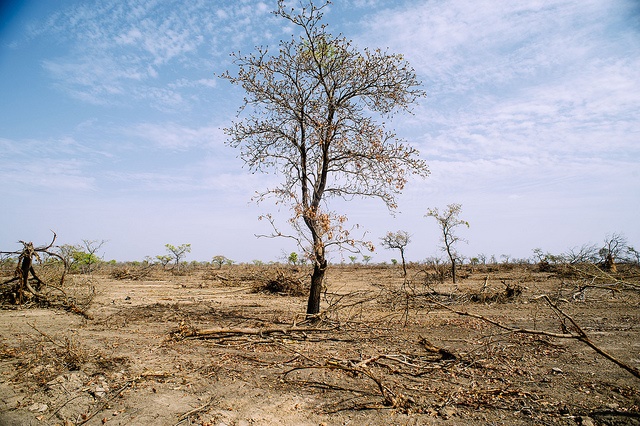The Peninsula
Three Questions About North Korea's Latest Execution

By Troy Stangarone
In the pantheon of executions, one would not expect to see a niche devoted to disagreements over forestry policy, which makes the news that Vice Premier Choe Yong-gon was executed by Kim Jong-un for a disagreement over reforesting North Korea and poor job performance such a perplexing development.
Executions of high level officials are seemingly becoming a common occurrence in North Korea. In 2013, Kim Jong-un executed his uncle, Jang Song-thaek, who was widely believed to be the second highest ranking official in North Korea, for treason. Earlier this year it was reported that Defense Minister Hyon Yong-chul was executed for failing to follow orders and nodding off in meetings, while other defense officials are widely believed to have recently been executed or demoted for failing to improve food rations for soldiers. All told, Kim Jong-un is believed to have executed some 70 officials since coming to power in 2011 with challenges to his authority or perceived acts of disrespect being among the primary causes among the higher profile cases.
The recent execution of Vice Premier Choe Yong-gon raises interesting questions about these power struggles in North Korea. Vice Premier Choe is reported to have been executed for disagreeing with Kim Jong-un’s forestry policies and a poor job performance. While seemingly a minor area of policy, North Korea’s forestry policy is important to its long-term potential economic development. After years of deforestation and over-fertilization of lands felled for farming, North Korea has largely exhausted its soil and has become more prone to flooding and other environmental damage. Kim Jong-un has noted this himself:
…as people have felled trees at random since the days of the Arduous March on the plea of obtaining cereals and firewood and, worse still, as no proper measures have been taken to prevent forest fire, the precious forest resources of the country have decreased to a great extent. As the mountains are sparsely wooded, even a slightly heavy rain in the rainy season causes flooding and landslides and rivers dry up in the dry season; this greatly hinders conducting economic construction and improving people’s standard of living …
At present, the forests of the country can be said to have reached a crossroads–whether to perish forever or to be restored. We can no longer back off from the issue related with the forests.
If Vice Premier Choe was executed for disagreeing with Kim Jong-un’s forestry policy, it raises three questions:
1. Was he executed for opposing Kim Jong-un’s plan to reforest North Korea?
2. If so, was it because he opposed part of the policy such as Kim Jong-un’s suggestion of utilizing the military as well as other resources to reforest North Korea?
3. Or, was Vice Premier Choe in favor of reforestation but felt that Kim Jong-un’s actions were insufficient despite his rhetoric?
As with any authoritarian regime Vice Premier Choe’s execution could have taken place for unrelated reasons and the notion of disagreements over forestry policy merely serving as a pretext for the act. However, if a disagreement over policy was the proximate cause, a more detailed understanding of the nature of the dispute could help to provide insight into the regime’s objectives and divisions.
Troy Stangarone is the Senior Director for Congressional Affairs and Trade at the Korea Economic Institute of America. The views expressed here are the authors alone.
Photo from CIFOR’s photostream on flickr Creative Commons.
